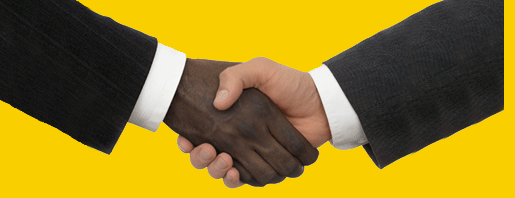Tips On How To Resolve Conflicts Effectively, Part Three
- March 17, 2010
by Joe Salama
As a matter of personal health, don't let an opposing
party "push your buttons." If you truly disagree with
them and don't think well of their opinion, then do yourself
a favor by limiting how much time and emotional energy you will
spend thinking about the conflict beyond what you need to do
to effectively manage it. Keeping some level of emotional detachment
from the conflict will not only make the rest of your life happier,
but it will also give you a better perspective on solving the
conflict itself.
On occasion you have a conflict, and there appears
no way to end the relationship or mediate it. Some cases are
genuinely meant for litigation. But you should start thinking
about litigation like surgery - don't be shy about asking for
a second opinion if you are not comfortable. More often than
not, it takes litigation, or the real threat of litigation,
to actually spawn settlement talks.
You know yourself better than anyone. Don't let anyone
push your buttons. Don't give anyone that power over you, to
the extent you can help it. You will always be thankful
later for a delayed thoughtful response in place of an immediate
elevated reaction.
The earlier you are in a conflict, the greater your
chances of resolving it (once the initial cooling off period
is over). The longer it continues, the more entrenched the parties
become in their positions and the more emotionally, economically,
and politically invested they are in their desired outcome.
A party with a strong case, good witnesses, that did
nothing wrong may choose wisely by paying the other side a significant
sum of money to avoid litigation. That party needs to see beyond
its principals before it spends more money litigating than is
at stake.
Anyone you were once able to make an agreement with
before, you are likely to be able to make an agreement with
again. Simply because the relationship has gone sour doesn't
mean that it is hopeless and that you have to fight it out in
court. Trust and mutual respect may or may not be salvaged,
but there is a lot that can be saved.
© 2010 Mediation with Joe Salama
DOWNLOAD THIS ARTICLE

